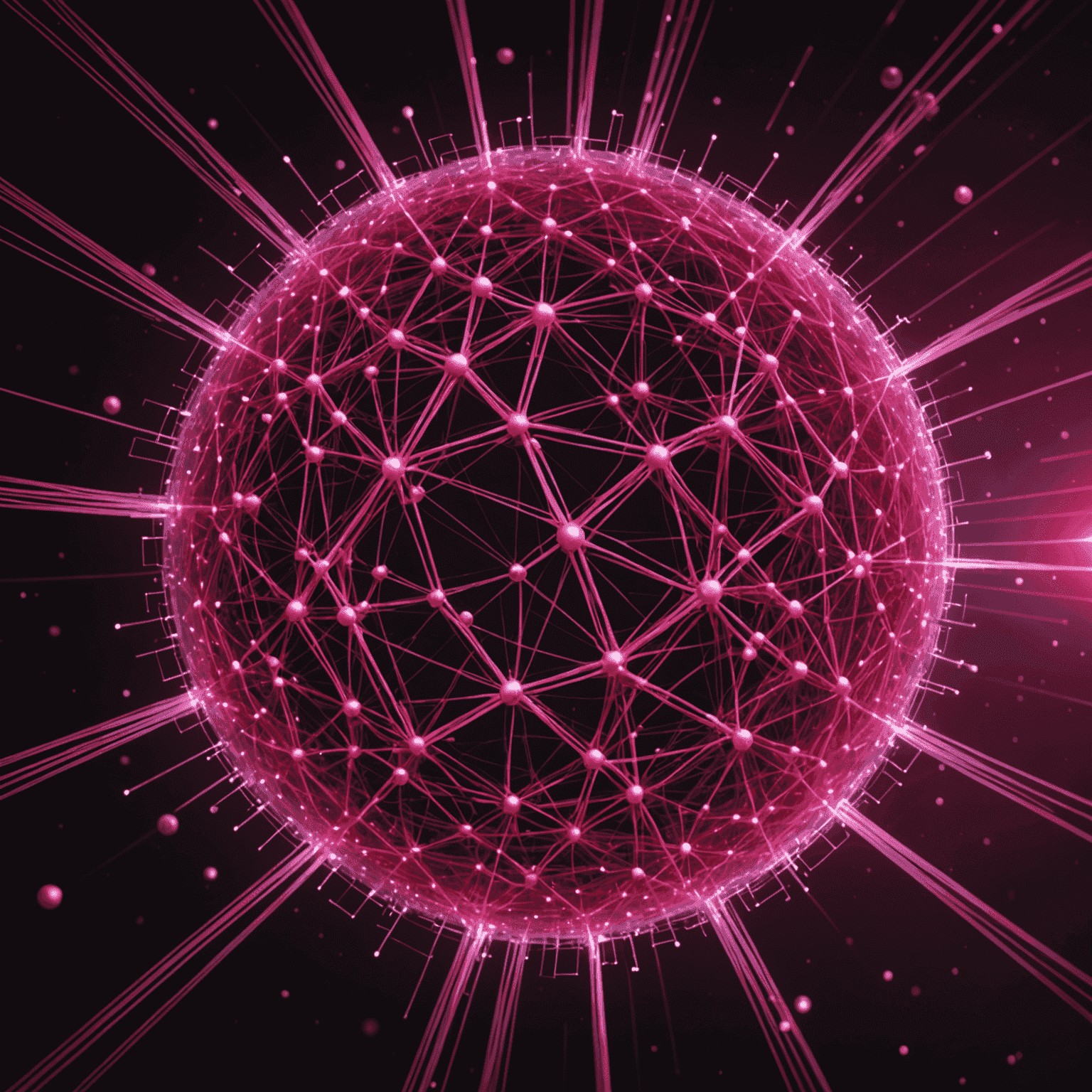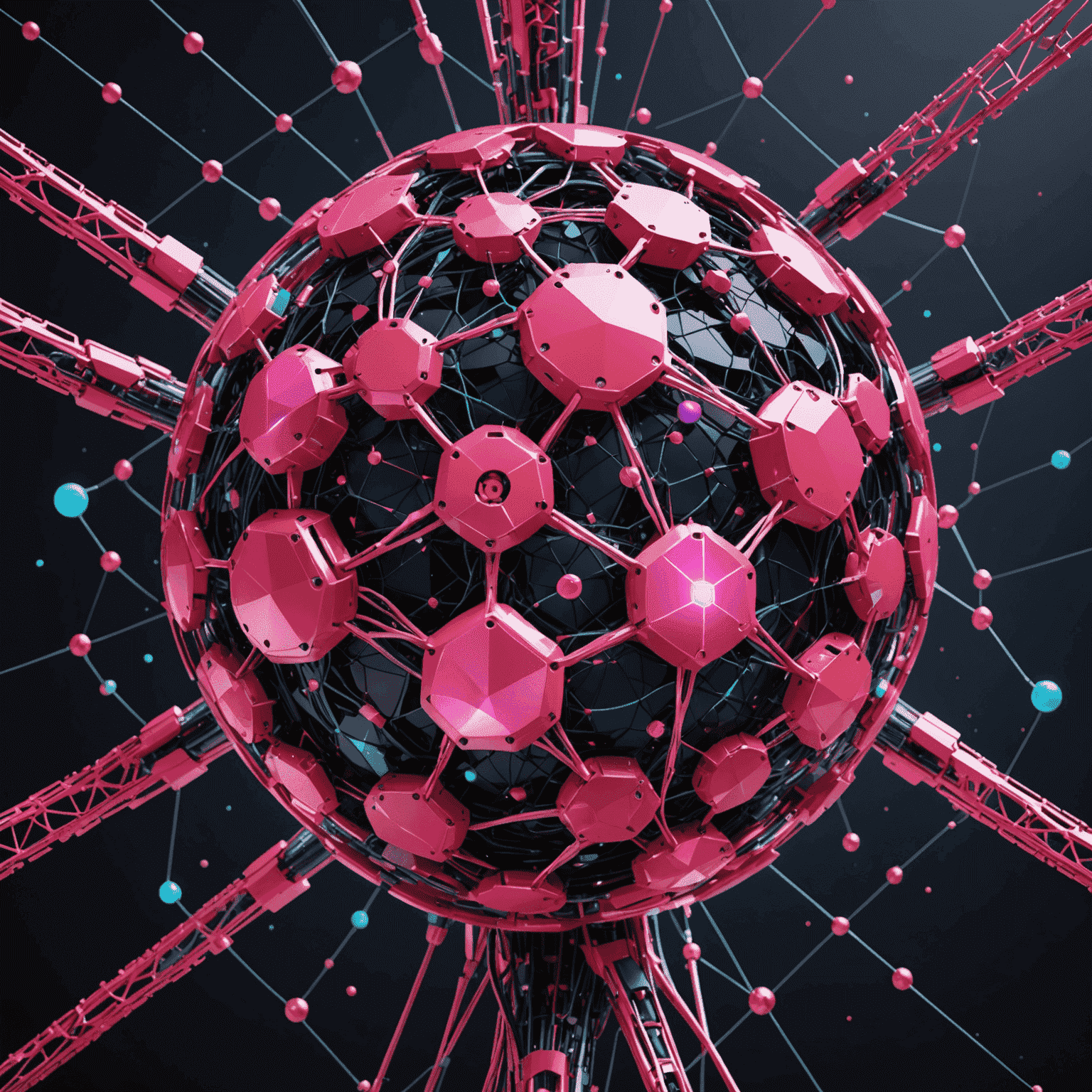Science Discoveries in Qubetics
Breakthrough in Quantum Entanglement Enhances Qubetic Efficiency

In a groundbreaking study, researchers at the Institute of Advanced Qubetics have achieved a significant milestone in quantum entanglement, potentially revolutionizing the field of qubetics.
The team, led by Dr. Emily Quantum, has successfully maintained quantum entanglement between particles for an unprecedented duration, opening new possibilities for qubetic applications. This discovery could lead to more efficient qubetic systems, capable of processing complex calculations at speeds previously thought impossible.
"Our findings have far-reaching implications for qubetics," Dr. Quantum explained. "By extending the entanglement duration, we've essentially expanded the computational capacity of qubetic systems exponentially."
Novel Material Promises Enhanced Qubetic Stability

Scientists at the Qubetic Materials Research Center have synthesized a new material that could significantly improve the stability of qubetic systems.
The material, dubbed "QubeStable," exhibits remarkable properties that allow it to maintain quantum coherence for extended periods, even under varying environmental conditions. This breakthrough addresses one of the primary challenges in qubetic technology: maintaining stability in real-world applications.
Dr. Alex Stableson, lead researcher on the project, stated, "QubeStable represents a quantum leap in our ability to create robust qubetic systems. Its unique molecular structure provides an unprecedented level of protection against decoherence, paving the way for more reliable qubetic devices."
AI-Assisted Qubetics: A New Frontier in Computational Power

A collaborative effort between AI experts and qubetic scientists has yielded a hybrid system that combines the strengths of artificial intelligence and qubetic computing.
This innovative approach, developed by a team at the Qubetic AI Institute, uses machine learning algorithms to optimize qubetic operations in real-time. The result is a system that can adapt to complex computational tasks with unprecedented efficiency.
"By integrating AI with qubetics, we've created a symbiotic relationship that enhances the capabilities of both technologies," said Dr. Sarah Neural, the project's coordinator. "This hybrid system can tackle problems that were previously beyond the reach of either AI or qubetics alone."


